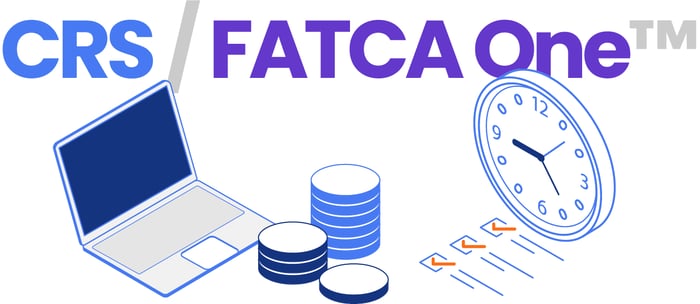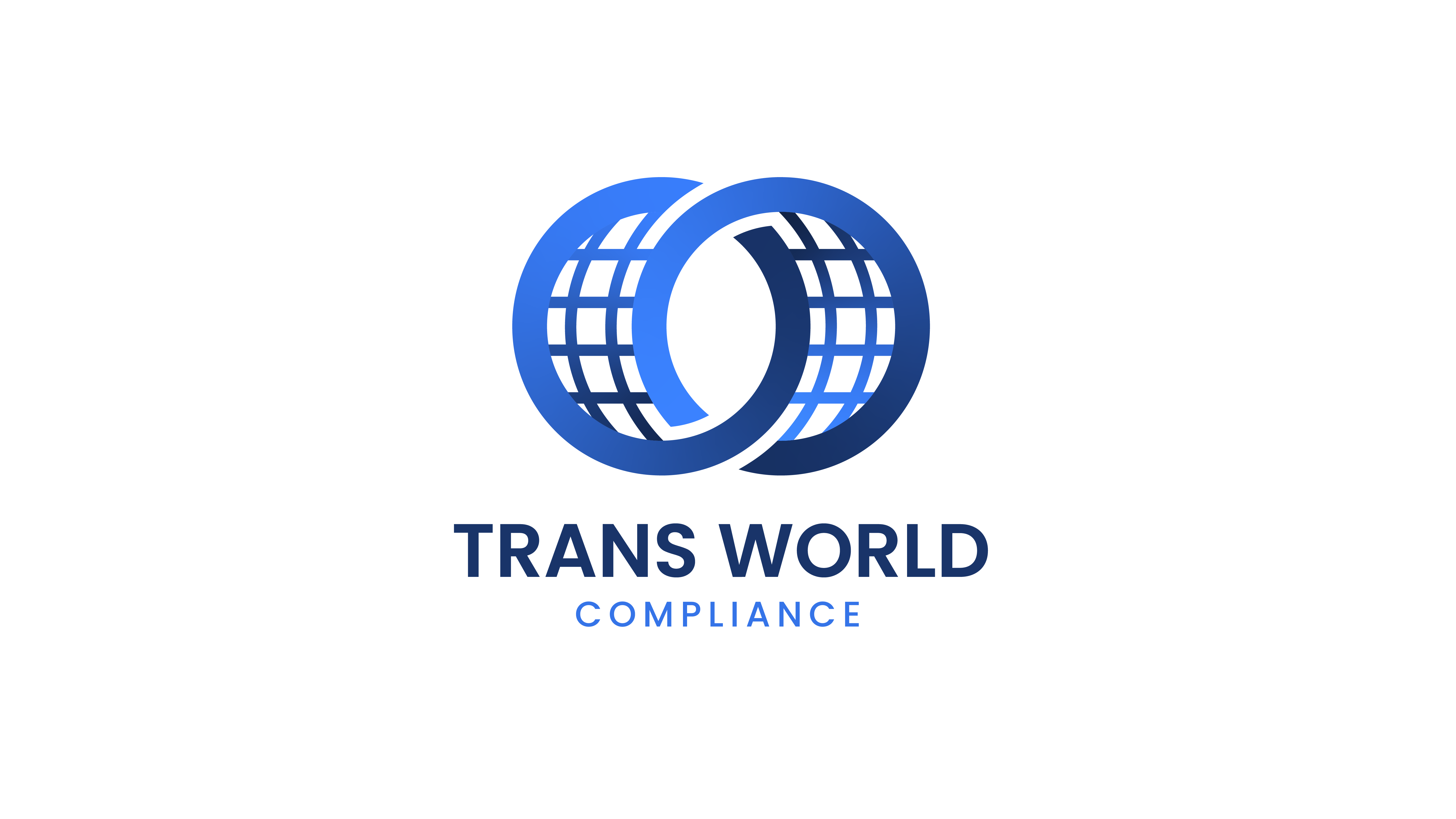The Cost of Non-Compliance: Why Banks Need Efficient CRS and FATCA Reporting Tools
Financial institutions must comply with global tax reporting standards like the Common Reporting Standard (CRS) and the Foreign Account Tax Compliance Act (FATCA). However, ensuring accurate and timely reporting is not without its challenges.
Non-compliance, whether intentional or due to inefficiencies, can result in severe financial and reputational risks for banks. The cost of non-compliance often outweighs the investment in practical reporting tools.
At Trans World Compliance, we understand the importance of equipping financial institutions with efficient and reliable reporting solutions such as CRS/FATCA One to safeguard against these risks.
Financial and Reputational Risks Associated with Non-Compliance
Non-compliance with CRS and FATCA regulations exposes banks to substantial penalties and long-term consequences. Financial authorities are becoming more vigilant in identifying reporting discrepancies, and non-compliance penalties are escalating. Fines for incomplete or inaccurate reports can quickly accumulate, potentially running into millions of dollars. Beyond financial penalties, the reputational damage a bank may suffer can be even more costly.
When a financial institution is penalized for non-compliance, it signals to clients and regulators that the organization lacks control over its processes. This can result in a loss of client trust, as individuals and corporations seek financial partners with whom they feel confident they can maintain strict adherence to global regulations. Restoring that trust requires significant resources, often resulting in increased internal and external scrutiny.
Hidden Costs of Manual Reporting
While many banks may feel that they can manage CRS and FATCA reporting manually, the hidden costs of this approach can be extensive. Manual reporting is labor-intensive and prone to human error, increasing the risk of submitting inaccurate or incomplete data. These mistakes can lead to costly fines and increased scrutiny from regulatory bodies.
The errors that emerge from manual reporting processes also affect operational efficiency. Employees are forced to spend more time correcting mistakes or responding to audit requests, which diverts attention from other strategic priorities. Moreover, reliance on manual systems can cause delays in submitting required data, resulting in missed deadlines—triggering automatic penalties. The cumulative effect of these inefficiencies often goes unnoticed until it's too late.
Another critical hidden cost is the damage to client relationships. Clients expect their financial institutions to operate seamlessly. When errors arise, or the bank is found non-compliant, it can erode the trust clients have placed in the bank. Over time, this can lead to client attrition, further impacting the bank's profitability.
How CRS/FATCA One Helps Ensure Compliance with Minimal Errors
At Trans World Compliance, we offer CRS/FATCA One, a comprehensive reporting tool designed to eliminate the risks associated with manual reporting. Our solution automates the data collection and submission process, significantly reducing the chances of human error. CRS/FATCA One is designed to ensure that your bank meets all compliance requirements efficiently without extensive manual intervention.
The software integrates seamlessly with your existing systems to collect the necessary data, validate its accuracy, and format it according to regulatory specifications. This reduces the risk of submitting incomplete or inaccurate data and ensures that your bank complies with the constantly changing reporting standards. CRS/FATCA One also features built-in validation checks, meaning errors can be identified and corrected before submitting reports, preventing costly penalties.
Additionally, CRS/FATCA One is updated regularly to reflect the latest regulatory changes, ensuring that your bank stays ahead of evolving compliance requirements. The software's ability to keep pace with these changes reduces the burden on your compliance teams, allowing them to focus on higher-value tasks rather than constantly monitoring regulatory updates.

The Cost-Saving Benefits of CRS/FATCA One in the Long-Term
While the initial investment in a compliance tool like CRS/FATCA One might seem significant, the long-term savings far outweigh the costs. By reducing manual labor, improving data accuracy, and ensuring timely reporting, CRS/FATCA One helps banks avoid the fines, penalties, and reputational damage of non-compliance.
One of the most significant cost-saving benefits comes from reduced audit costs. Automated reporting tools like CRS/FATCA One make it easier to produce accurate reports, reducing the frequency and intensity of audits. In cases where an audit is necessary, CRS/FATCA One makes it simple to retrieve and review past submissions, streamlining the audit process and minimizing the time and resources required to comply with audit requests.
Moreover, CRS/FATCA One's scalability allows banks to grow and expand without worrying about the increasing complexity of compliance reporting. As your bank takes on new clients or expands into new markets, CRS/FATCA One will scale to meet your reporting needs, ensuring that your bank remains compliant as your operations evolve.
Real-World Benefits: How Efficient Reporting Tools Protect Against Non-Compliance
Let's consider a real-world example to highlight the effectiveness of CRS/FATCA One. A mid-sized financial institution implementing CRS/FATCA One reported a 70% reduction in errors in their CRS and FATCA submissions within the first year of use. This significant error reduction helped the institution avoid costly penalties and enhanced its reputation with clients and regulators. Furthermore, the automation of the reporting process allowed the compliance team to reallocate resources to more strategic tasks, ultimately improving the bank's overall efficiency.
By choosing an automated reporting solution like CRS/FATCA One, banks protect themselves from financial and reputational risks associated with non-compliance and gain a competitive advantage in an increasingly regulated financial environment.
Protect your bank from the high costs of non-compliance—Request a free demo on CRS/FATCA One.



